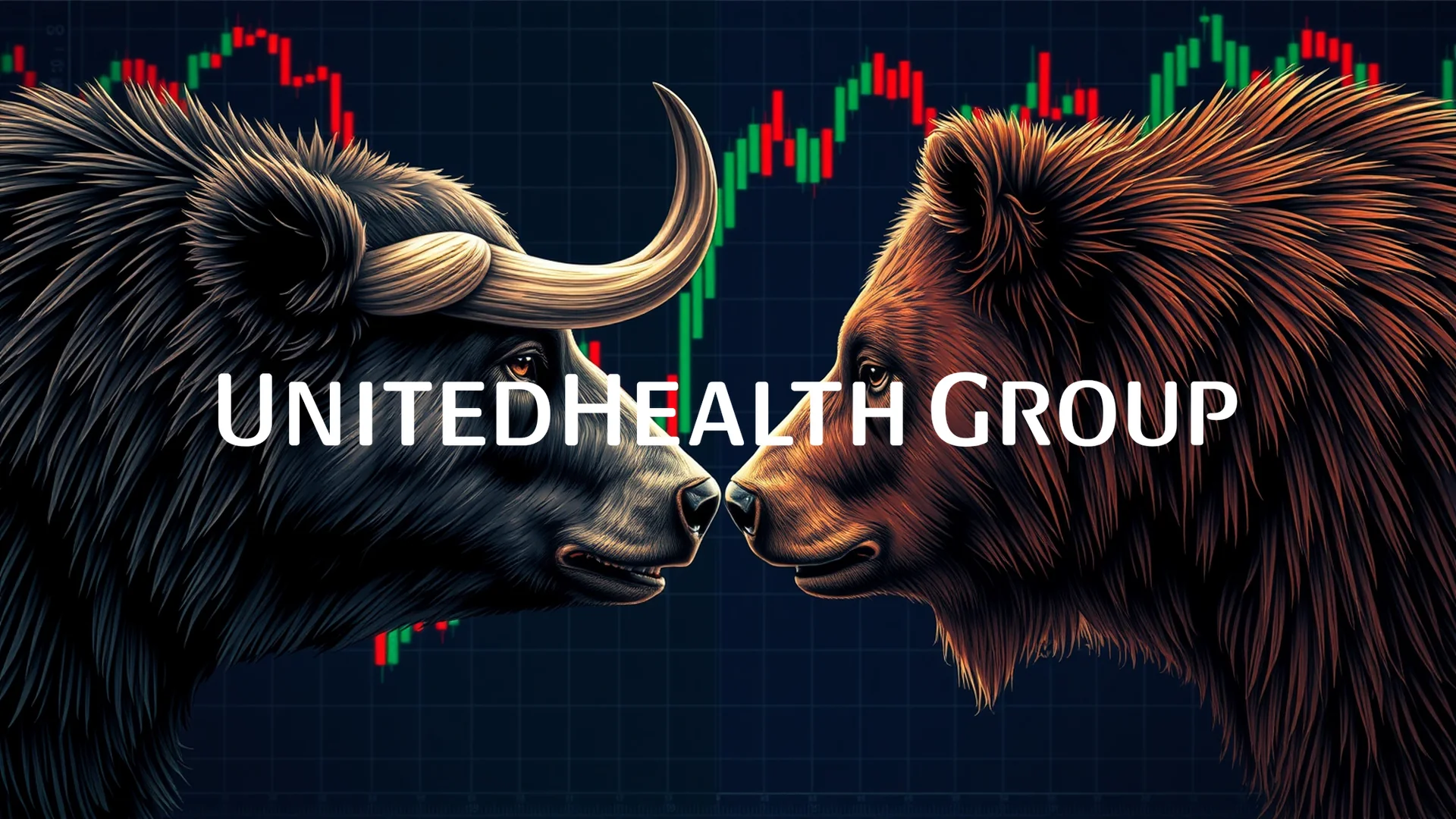UnitedHealth Group, America’s largest health insurer, witnessed its stock plunge by 9% following its third-quarter earnings release. This dramatic sell-off occurred despite the company reporting financial results that surpassed market expectations. The downturn was primarily triggered by management’s cautious outlook for 2025, which overshadowed the current quarter’s robust performance.
Impressive Quarterly Results Overshadowed by Future Concerns
The health giant demonstrated significant operational strength in the third quarter, with revenue climbing by $8.5 billion year-over-year to reach $100.8 billion. Adjusted earnings per share came in at $7.15, comfortably exceeding analyst projections. The company’s growth trajectory remained intact, adding 2.4 million new insured members during the current year alone.
CEO Andrew Witty emphasized that this sustained expansion positions the company favorably for the coming years. However, the February cyberattack on subsidiary Change Healthcare continued to cast a shadow over operations, with disruption costs amounting to $0.12 per share in the third quarter. UnitedHealth now anticipates total cybersecurity-related impacts of approximately $0.75 per share for the full year.
Conservative Forecast Sparks Market Reaction
The primary catalyst for the sharp decline in UnitedHealth’s share price emerged from the company’s unexpectedly conservative profit guidance for 2025. Management projected maximum earnings of $30 per share, falling substantially below the $31.18 per share consensus estimate among market analysts.
Should investors sell immediately? Or is it worth buying Unitedhealth?
This cautious approach reflects mounting challenges within government-sponsored health programs. Medicare Advantage plans face reduced federal payments, while reimbursement rates for Medicaid programs remain constrained. Witty acknowledged that the company set its forecast “more conservatively than usual,” signaling anticipated ongoing margin pressure in government-supported health plans that constitute a substantial portion of the company’s membership base.
Industry-Wide Challenges Compound Company-Specific Issues
UnitedHealth’s tempered outlook mirrors broader sector difficulties beyond company-specific concerns. The entire managed care industry contends with intensified regulatory scrutiny and escalating medical treatment costs.
Despite these near-term pressures, UnitedHealth maintains its dominant position in the U.S. health insurance landscape, generating annual revenues exceeding $400 billion. The company’s integrated business model, particularly through its Optum health services division, provides some insulation against pure insurance margin challenges.
For 2024, the corporation reaffirmed its earnings guidance range of $27.50 to $27.75 per share. This confirmation, despite cybersecurity-related headwinds, demonstrates operational resilience and provides a strong signal of the company’s underlying stability.
Ad
Unitedhealth Stock: Buy or Sell?! New Unitedhealth Analysis from February 7 delivers the answer:
The latest Unitedhealth figures speak for themselves: Urgent action needed for Unitedhealth investors. Is it worth buying or should you sell? Find out what to do now in the current free analysis from February 7.
Unitedhealth: Buy or sell? Read more here...









